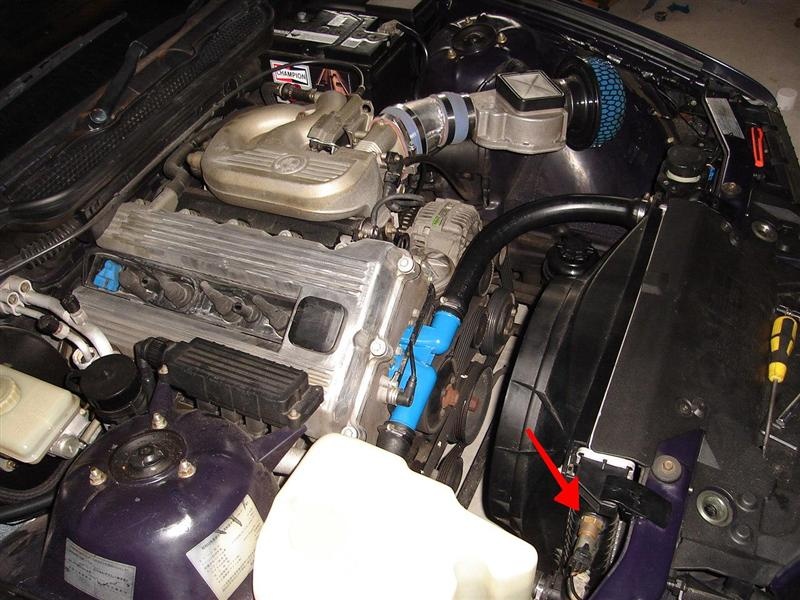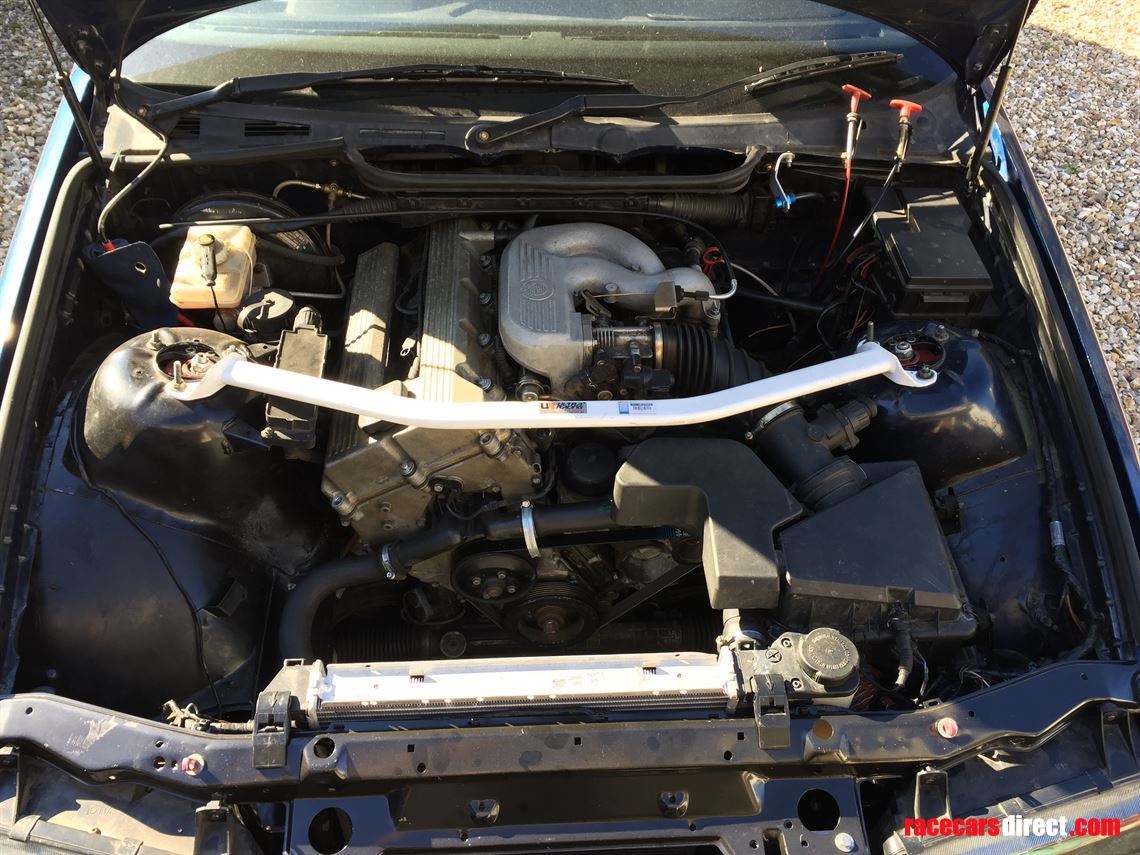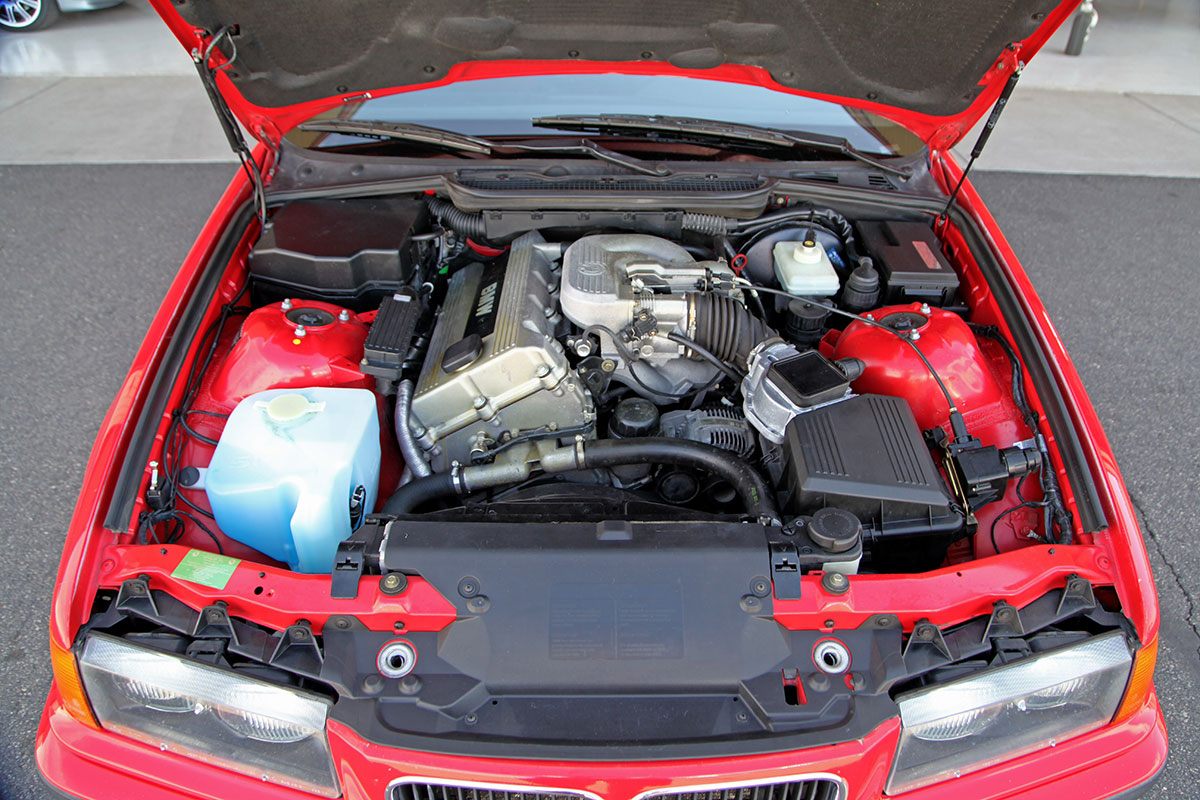BMW 318ti Evaluation: What Makes This Version Stand Out
BMW 318ti Evaluation: What Makes This Version Stand Out
Blog Article
Secret Functions to Search For When Investing In an Engine for Automotive Applications
When considering the purchase of an engine for vehicle applications, several key features require careful evaluation to make sure optimal efficiency and functionality. From power and efficiency capacities to sustain resilience, adherence, and efficiency to discharges standards, each aspect plays an essential duty in establishing the engine's viability for particular automotive demands. Cost-effectiveness stays a pivotal variable in the decision-making process, balancing top quality with financial factors to consider. These functions jointly add to the overall effectiveness and reliability of the engine, affecting the driving experience and long-lasting complete satisfaction of the customer.
Power and Performance
When selecting an automotive engine, buyers focus on power and efficiency to make sure ideal driving experience and efficiency. A well-performing engine not just supplies power effectively but also operates efficiently throughout various speed varieties and driving conditions.
Additionally, factors such as engine hybrid, variation, and turbocharging innovations play substantial duties in enhancing both power and efficiency degrees. Ultimately, choosing an engine that uses a powerful combination of power and performance makes sure a satisfying and efficient driving experience.
Fuel Efficiency
When examining automotive engine alternatives,Optimizing gas effectiveness is a paramount factor to consider for consumers. The efficiency of an engine straight impacts operating prices and environmental impact. One key aspect influencing gas performance is the engine's style and modern technology. Modern engines with functions like direct fuel shot, turbocharging, and variable valve timing can dramatically enhance gas efficiency by enhancing burning processes and lowering energy loss. Furthermore, the overall weight of the engine and car, along with the aerodynamics, play essential duties in determining fuel intake.

Resilience and Integrity
Accomplishing long-lasting efficiency and reliable procedure is necessary for consumers examining the sturdiness and integrity of vehicle engines. When considering an engine for vehicle applications, resilience describes the engine's ability to hold up against wear, tension, and rough operating conditions over a prolonged period. Dependability, on the various other hand, suggests that the engine can continually perform its designated feature without unforeseen malfunctions or failings.
Consumers need to seek engines built with high-grade materials and exact design to ensure durability. Parts such as crankshafts, pistons, and bearings need to be resilient to manage the engine's power result without early wear. Additionally, engines geared up with sophisticated air conditioning systems, reliable lubrication, and durable purification mechanisms tend to display higher levels of dependability.
Routine upkeep and adherence to supplier referrals are additionally crucial consider protecting an engine's toughness and integrity. By adhering to upkeep timetables, making use of advised liquids, and resolving any kind of concerns promptly, customers can make best use of the life expectancy and efficiency of their automobile engines. Ultimately, prioritizing durability and reliability in engine option can lead to a much more enjoyable possession experience with less unanticipated disruptions.
Exhausts Compliance
Ensuring compliance with emissions regulations is an important element of assessing automotive engines for environmentally aware customers. With enhancing concerns concerning air high quality and environmental effect, rigorous exhausts standards have actually been implemented internationally to decrease harmful toxins released right into the environment. When purchasing an engine for auto applications, it is vital to consider its discharges conformity to lessen the carbon footprint and follow legal demands.
Modern engines are equipped with innovative emission control innovations such as catalytic converters, exhaust gas recirculation (EGR) systems, and selective catalytic decrease (SCR) to decrease unsafe exhaust gases like nitrogen oxides (NOx), carbon monoxide (CARBON MONOXIDE), and hydrocarbons (HC) These systems play an important role in making sure that the engine meets the specified exhausts standards and runs within permitted limits.

Cost-effectiveness
When considering auto engine acquisitions, examining cost-effectiveness is extremely important for customers looking for both efficiency and value. It encompasses the overall expenditures connected to upkeep, gas consumption, and potential repairs over the engine's life-span.
Engines that are developed to make the most of gas economic climate can lead to significant financial savings over time, specifically for people that drive regularly or over lengthy ranges. bmw 318ti. Furthermore, taking into consideration the accessibility and price of extra parts and maintenance can add to the general cost-effectiveness of an engine.

Final Thought
In verdict, when purchasing an engine for automobile applications, it is critical to consider essential attributes such as power and performance, fuel integrity, efficiency and sturdiness, exhausts conformity, and cost-effectiveness. These variables are essential in ensuring that the engine meets the requirements of the vehicle and operates effectively in various driving problems - bmw 318ti. Making an educated choice based upon these requirements will inevitably cause a reliable and successful vehicle engine acquisition
From power and efficiency capacities to sustain efficiency, sturdiness, and adherence to emissions standards, each facet plays a critical role in determining the engine's viability for particular automotive demands. Engines made to run on alternative gas such as electric power, crossbreed systems, or biofuels can use improved gas economic climate and lower exhausts contrasted to standard gasoline or diesel engines. Customers ought to carefully think about the fuel effectiveness ratings and modern technologies incorporated right into automobile engines to make enlightened acquiring decisions that line up with their concerns redirected here for cost financial savings and Get More Information sustainability.
When considering an engine for vehicle applications, sturdiness refers to the engine's capacity to endure wear, stress and anxiety, and severe operating problems over an extensive period.In verdict, when purchasing an engine for automobile applications, it is critical to take into consideration essential functions such as power and efficiency, fuel dependability, effectiveness and longevity, exhausts conformity, and cost-effectiveness.
Report this page